Search
Search Results
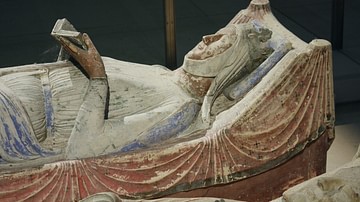
Definition
Eleanor of Aquitaine
Eleanor of Aquitaine (l. c. 1122-1204 CE) was one of the most impressive and powerful figures of the High Middle Ages (1000-1300 CE) – male or female – whose influence shaped the politics, art, medieval literature, and perception of women...
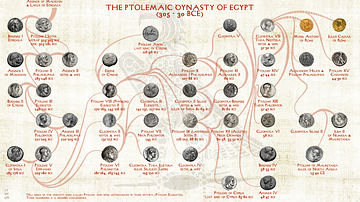
Definition
Ptolemaic Dynasty
The Ptolemaic dynasty was a Macedonian royal family that ruled Ptolemaic Egypt from 323 to 30 BCE. It was founded by Ptolemy I, a general and successor of Alexander the Great. They built Alexandria, including the Lighthouse of Alexandria...
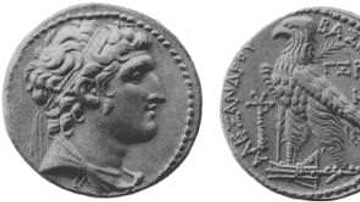
Definition
Seleucid Empire
The Seleucid Empire (312-63 BCE) was the vast political entity established by Seleucus I Nicator ("Victor" or "Unconquered", l. c. 358-281 BCE, r. 305-281 BCE), one of the generals of Alexander the Great who claimed a part of his empire after...
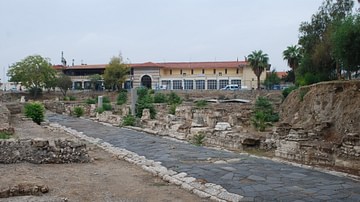
Definition
Tarsus
Tarsus was a city in ancient Cilicia located in the modern-day province of Mersin, Turkey. It is one of the oldest continually inhabited urban centers in the world, dating back to the Neolithic Period. It was built close by the Cydnus River...

Definition
Zenobia
Zenobia (b. c. 240 CE, death date unknown) was the queen of the Palmyrene Empire who challenged the authority of Rome during the latter part of the period of Roman history known as The Crisis of the Third Century (235-284 CE also known as...

Definition
Council of Clermont
The Council of Clermont in central France was held in November 1095 and witnessed Pope Urban II's (r. 1088-1099) historic call for the First Crusade (1095-1102) to capture Jerusalem for Christendom from its Muslim occupiers. The Pope's speech...

Definition
Saint Peter
Saint Peter the Apostle was a well-known figure in early Christianity. Although there is no information on the life of Peter outside the Bible, in the Christian tradition, he is often depicted as the first on many occasions: the first to...
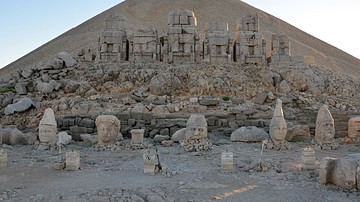
Definition
Commagene
The Kingdom of Commagene (163 BCE - 72 CE) was a Hellenistic political entity, heavily influenced by Armenian and ancient Persian culture and traditions, established in southwestern Anatolia (modern-day Turkey) by Ptolemaeus of Commagene...

Definition
Nikephoros II Phokas
Nikephoros II Phokas was Byzantine emperor from 963 to 969 CE. Known as “White Death of the Saracens,” Nikephoros was a fearsome commander who conquered Crete, Cilicia, and much of Syria. While he is known as a great military commander, he...
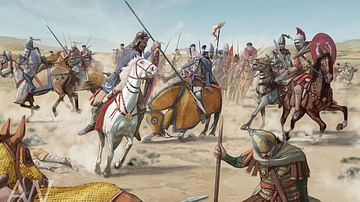
Definition
Battle of Immae
The Battle of Immae (272 CE) was fought between the forces of the Roman emperor Aurelian (270-275 CE) and those of the Palmyrene Empire of Zenobia (267-273 CE) resulting in a Roman victory and, ultimately, the capture of Zenobia and an end...